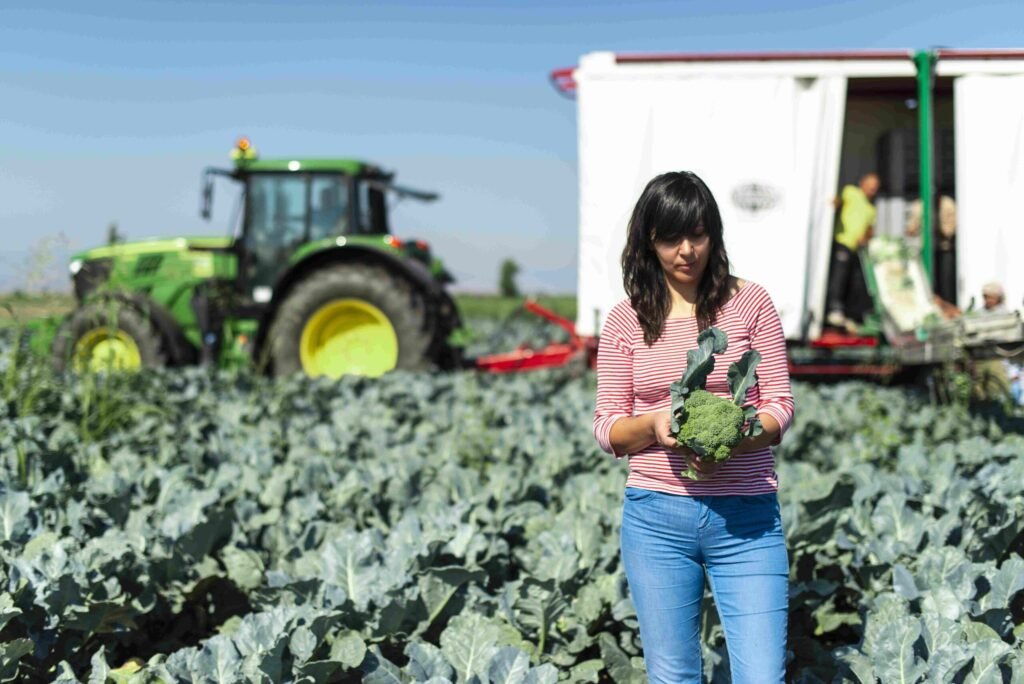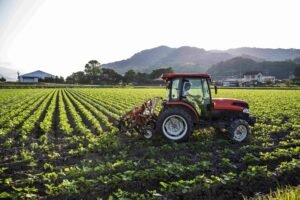

Sustainable farming practices prioritize environmental health and long-term soil fertility. Eco-friendly fertilizers play a crucial role in achieving these goals. Compost, a cornerstone of sustainable agriculture, is created by decomposing organic matter like kitchen scraps, yard waste, and manure. It enriches soil with essential nutrients, improves water retention, and fosters a thriving ecosystem of beneficial microorganisms. Mycorrhizal fungi form a symbiotic relationship with plant roots, significantly enhancing nutrient uptake and boosting drought resilience. Mycorrhizal fungi are particularly valuable in organic farming and can improve plant health and vigor. Rock dust, a natural mineral supplement, provides a slow and steady release of essential nutrients while improving soil pH and overall health. It’s a valuable resource for replenishing depleted soil and promoting long-term fertility. Planting cover crops between growing seasons adds valuable organic matter, suppresses weeds, and prevents precious topsoil from eroding. Cover crops like legumes also fix nitrogen from the air, enriching the soil for subsequent crops. Fish emulsion, derived from fish byproducts, is a liquid fertilizer rich in nitrogen, phosphorus, and potassium. It provides readily available nutrients to plants while also improving soil microbial activity.
By incorporating these eco-friendly fertilizers into their practices, farmers can enhance soil health, reduce reliance on synthetic inputs, and contribute to a more sustainable and resilient agricultural system.
Disclaimer: This information is for general knowledge and does not constitute professional advice. Consult with local experts for specific recommendations tailored to your unique needs.



© Copyright 2025 YoMiix – All Rights Reserved.